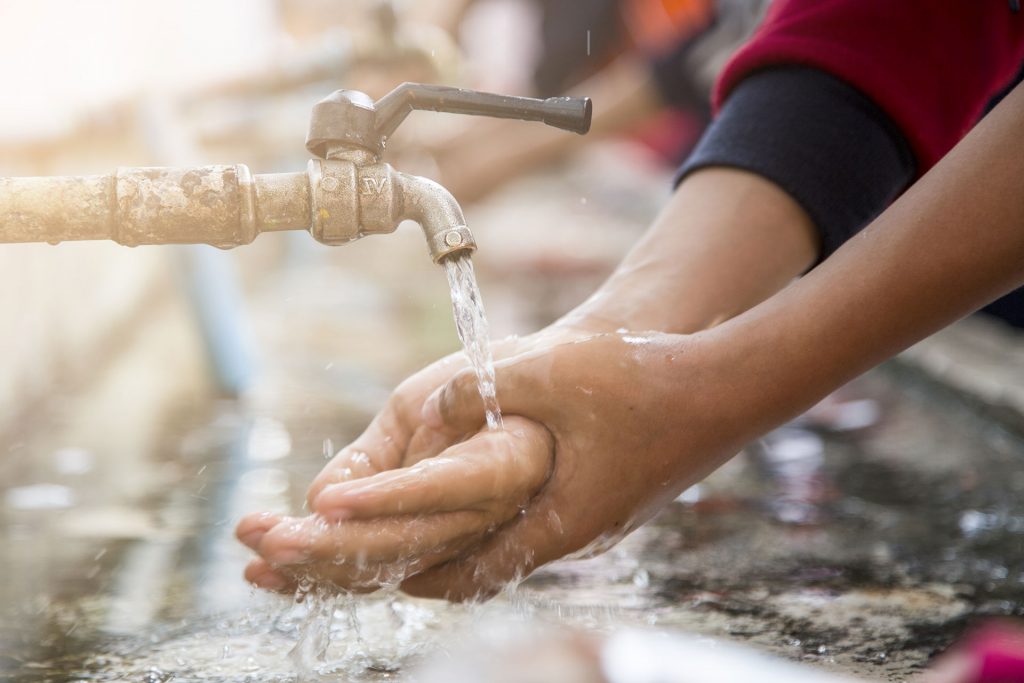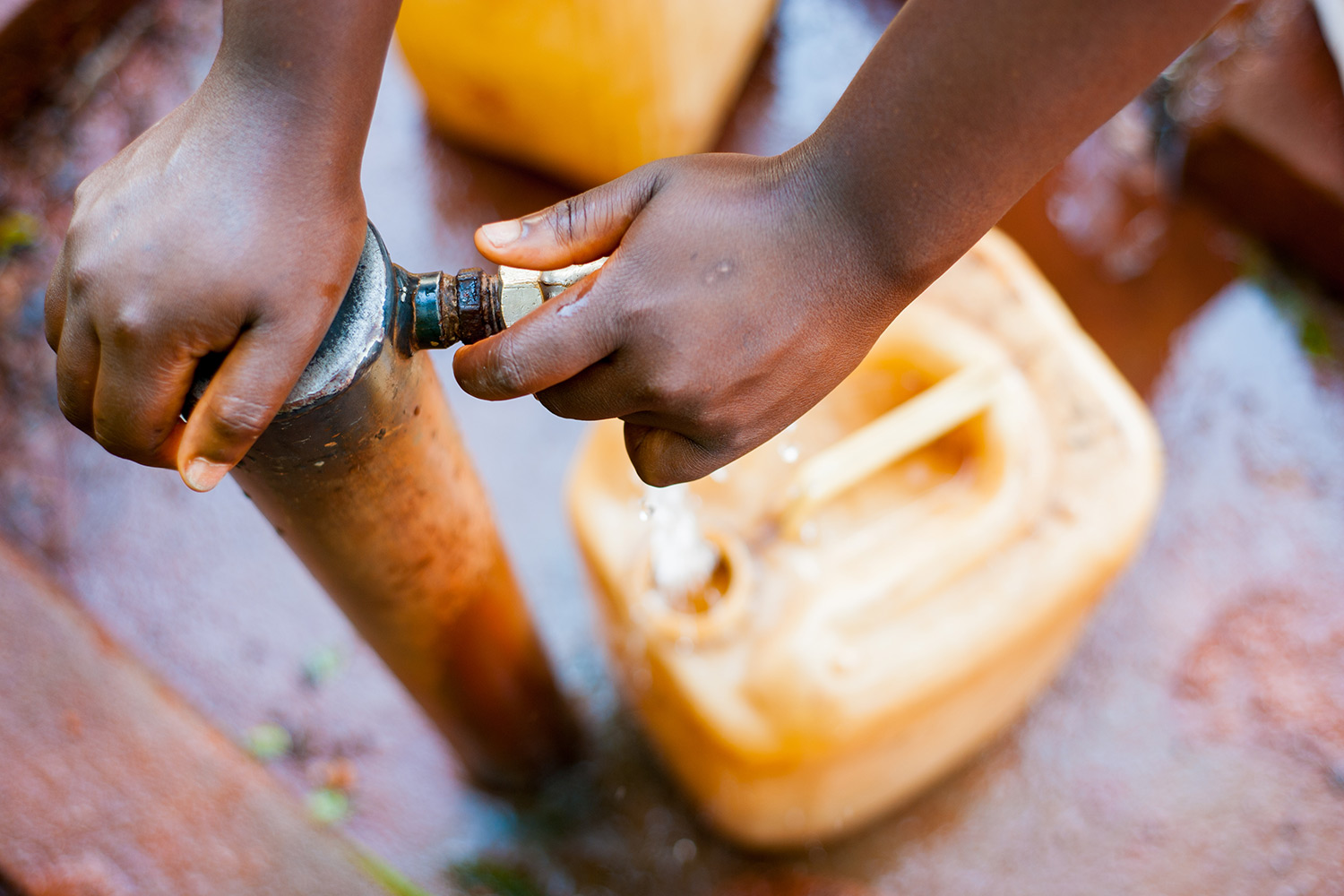heading
PROJECT: UNDP-SIWI WATER GOVERNANCE FACILITYWater and sanitation
The global water and sanitation crisis is often not caused only by lack of water. It is rooted in poverty, inequality and is primarily a crisis of governance. Governance of water and sanitation is complex, involving many sectors and both formal and informal institutions. Despite significant investments over the past decades, many obstacles remain.

Goal
The quality of freshwater is rapidly deteriorating in many parts of the world. Almost all rivers in Africa, Asia and Latin America have become more polluted since the 1990s. At the same time, demands and pressures on water resources are growing in magnitude and complexity. Water use has been increasing worldwide by about 1 percent per year since the 1980s, and global water demand is expected to continue increasing at a similar rate until 2050, accounting for an increase of 20 to 30 percent above the current level of water use. Vulnerable groups are still underserved, and many facilities are poorly maintained or offer services of poor quality.
To address the global water crisis, we must pay more attention to the linkages between water resources and drinking water and sanitation services. The Sustainable Development Goal 6, “Ensure availability and sustainable management of water and sanitation for all”, has targets on drinking water (6.1), and sanitation (6.2) as well as on water quality, water management and ecosystems. To achieve the goal, the targets cannot be addressed in isolation.
Our approach
Improved drinking water and sanitation governance remain at the heart of the struggle for sustainable human development and poverty reduction. It is crucial to address governance through the lenses of gender and human rights-based approaches, and by improving integrity and transparency..
Decision-makers and service providers need to take responsibility for their decisions and services. Well-functioning accountability mechanisms can clarify the commitments of actors involved in water and sanitation governance and lead to efficient management of fiscal resources. Accountability helps protect water resources and increase control over the actions of public and private stakeholders, while ensuring minimum quality standards.
Most countries have embarked on major reforms of water governance. WGF supports governments with policy advice and works proactively to advance water and sanitation governance.
Water resource management (WRM) & WASH linkages
We need a more integrated and holistic approach to WRM and the provision of services related to water, sanitation and hygiene (WASH). Today, these two sectors often work in “silos”, despite the clear interlinkages which demand cooperation. This kind of “WRM-WASH fragmentation” can happen at any level, from global to local, and at basin, catchment and watershed levels.
To increase the understanding of these interlinkages, WGF has partnered with UNICEF to conduct a study on WRM-WASH linkages. The overall objective of the study is to strengthen WRM and WASH sector cooperation. This will make it possible to accelerate and sustain progress towards resilient and sustainable water and sanitation services and the conservation and protection of water resources. Close collaboration between the WRM and the WASH sectors can lead to important progress on three global agendas: the 2030 Agenda’s Sustainable Development Goals, the Sendai Framework for Disaster Risk Reduction and the Paris Agreement on climate change. The study:
- Provides the rationale for the need to strengthen WRM-WASH cooperation
- Establishes and explores the WRM-WASH linkages and related cooperation areas
- Makes recommendations for strengthened WRM-WASH cooperation, including in the context of SDG 6 acceleration and the related SDG 6 Global Acceleration Framework.
Water, Sanitation & Hygiene (WASH)
To drink unsafe water is to take a serious health risk. But for many people in the world, this is a risk they simply cannot avoid as they lack adequate water and sanitation services.
Know more about WASH

